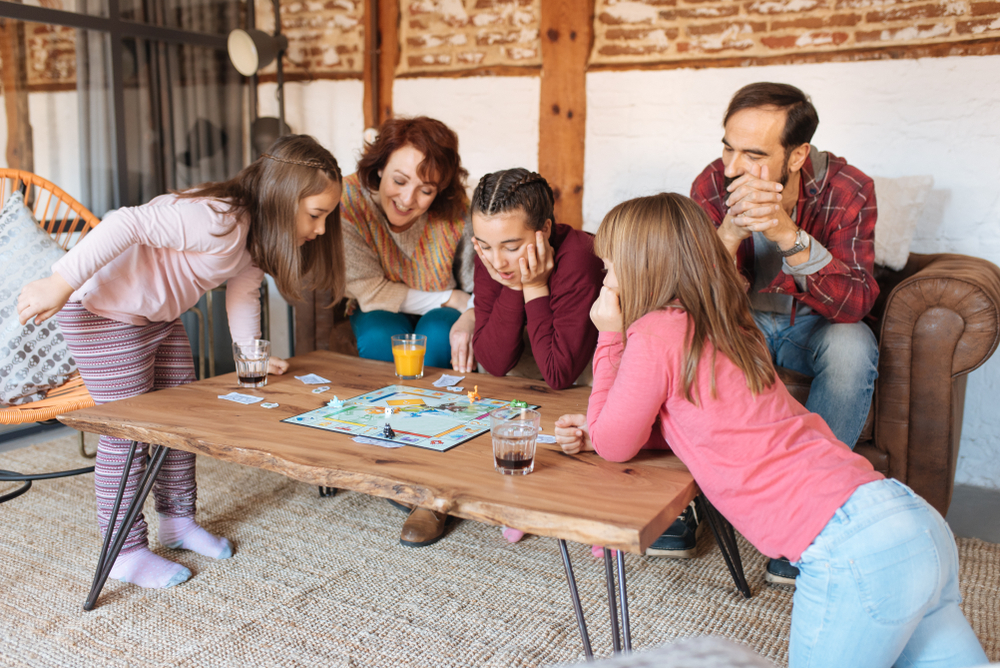When our children are young, we parents have hopes and dreams for them, and we want to see them grow into successful adults. It’s very hard to see your teenager making bad decisions and choosing the hard or difficult path. It’s even harder to see your teenager girl suffering with an emotional or behavioral issue.
However, there is hope for your teenage girl in the form of residential treatment centers. But you may be asking yourself, “What will my child gain from residential treatment centers for girls?” Here are three benefits of attending:
Benefit #1. Life Skills
Your teenage daughter will be taught how to master individual skills in coping with life’s challenges. She will learn various tasks, chores and processes that are critical to independent living as an adult, like how to get along with others, how to work hard and well and how to handle anger, disagreements and even conflict appropriately. Whether your daughter suffers from mental illness, behavioral issues, trauma, substance abuse or something else, life in a residential treatment center can really turn things around for her and let her gain the life skills she needs to thrive.
Benefit #2. Professional Help
There are many things in life that happen that people cannot get over by themselves. There are plenty of professionals who help troubled teen girls at residential treatment centers all over the country. With such issues as difficulties in relationships, family conflict, irresponsible behavior, substance abuse, mental health issues, depression, anxiety, ADD/ADHD, or low self esteem, trained therapists can work with your teenage girl to get to the root of the issues and modify the behavior accordingly. There are also counselors, teachers, mentors and so many more caring people who are dedicated to helping teens find success.
Benefit #3. Academic and Social Goals
One of the key components of residential treatment centers is keeping teen girls on track academically. Many residential treatment centers offer a range of academic options so students can stay at grade level and even exceed it. There are also exciting extracurricular activities often based on the location of the school and range from horseback riding, snow sports and water sports to arts and crafts, drama and service projects. With a heavy focus on academics, teenage girls can continue to educate themselves and prepare for the future.
Now that you know what your child can gain from going to a residential treatment center for girl, it’s important that you get her started and don’t delay. If your daughter is struggling and there doesn’t seem to be hope, check out residential treatment centers and see what you need to do to really help your daughter.











0 Comments